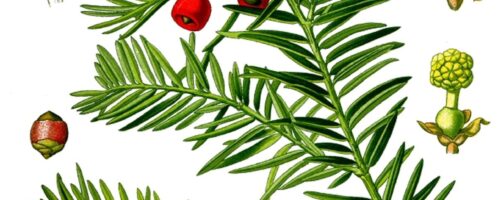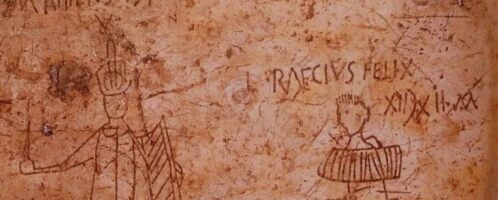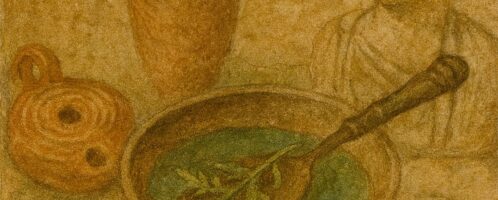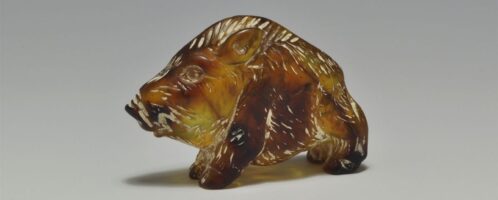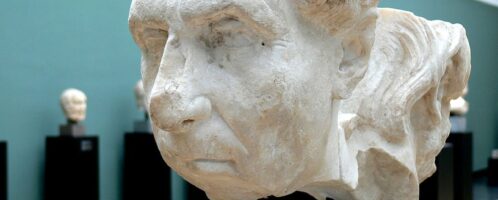If you have found a spelling error, please, notify us by selecting that text and pressing Ctrl+Enter.
Curiosities of ancient Rome (Other)
The world of ancient Romans abounded in a number of amazing curiosities and information. The source of knowledge about the life of the Romans are mainly works left to us by ancient writers or discoveries. The Romans left behind a lot of strange information and facts that are sometimes hard to believe.
Monument to Emperor Antoninus Pius near Wrocław
In the town of Magnice (commune of Kobierzyce) in the suburbs of Wroclaw, a new street has been named after a Roman emperor Marcus Aurelius.
Donkeys – inconspicuous co-creators of empires
When we think of the animals that have most influenced the fate of humanity, we likely first place horses – after all, it was on their backs that armies, rulers, and ultimately, multitudes of ordinary people traveled. Perhaps we would think of the dog – the first domesticated animal in history. But in these reflections, we often forget another, inconspicuous creature whose role was no less significant, or perhaps even more significant, than those mentioned above. Since its domestication in North Africa around 6000 BCE, the donkey has become the most important beast of burden in ancient history.
Roman graffiti – voice of ordinary people from centuries ago
On the walls of ancient Pompeii, Herculaneum, and other Roman cities, archaeologists have discovered thousands of inscriptions that offer a glimpse into the daily lives of the empire’s inhabitants. These are the so-called graffiti – short notes, political slogans, love confessions, and even insults. Unlike monumental inscriptions dedicated to emperors, these drawings and writings let us hear the authentic, often humorous voice of ordinary Romans.
From swamp fever to green fairy
In one of Rome’s most powerful periods, when its borders stretched from Britain to Syria, when Julius Caesar spoke in the Forum, and when legions marched along roads leading to the Euphrates, there was a disease that no conqueror could defeat. There was no effective knowledge or miracle cure at the time, only experience and instinct, yet every Roman knew its name, although it was not pronounced as we do today.
Ancient statues off coast of Egypt
Several large sculptures were among a treasure trove of artifacts recovered by divers from the waters near Alexandria, Egypt.
Bloodletting as form of treatment in ancient times
Aulus Cornelius Celsus was a Roman scholar and encyclopedist of the 1st century CE, best known as the author of De Medicina, one of the most important sources of medical knowledge in antiquity. In his work, he described various methods of treating general illnesses, including recommending bloodletting (sanguis mittendus) as a preventive measure in the event of the body becoming overloaded with excess “fluids”.
Rubbed amber attracts light objects
Pliny the Elder in his “Natural History” (Book XXXVII, Chapter 12) described the electrostatic properties of amber. He noticed that when rubbed with the fingers, under the influence of heat, it attracted light objects such as chaff, dry leaves and fibers. This observation of Pliny shows how ancient scholars observed and described natural phenomena that were not explained scientifically until many centuries later.
“Human lanterns” – dark practice of ancient Rome
Brutality and cruelty are often associated with ancient Rome, and one of the most horrific customs was the practice of using convicts as “human lanterns”. What did this cruel way of punishment look like and what does it say about the mentality of the Roman empire? More about this in the article below.
“Annales” of Ennius – national epic of Romans
“Annales” by Quintus Ennius (239 – 169 BCE) is a monumental epic poem that aims to tell the history of Rome from its mythical beginnings to Ennius’ contemporary times. Considered one of the fathers of Roman literature, Ennius revolutionized epic poetry by introducing Greek influences and adapting the classical Greek dactylic hexameter, making him a forerunner of the Roman epic tradition.

